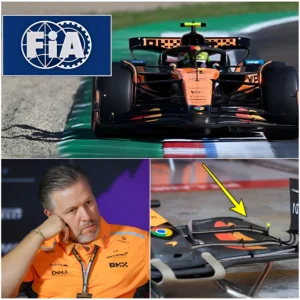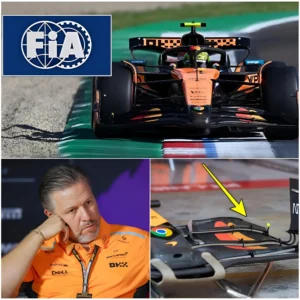Formula 1 has always been a place full of surprises, but few news items have rocked the paddock as much as the rumour that four-time world champion Max Verstappen is set to leave Red Bull and join Mercedes in 2026, replacing George Russell. The potential move, which has made headlines across social media and the sporting world, promises to redefine the future of motorsport’s premier class.
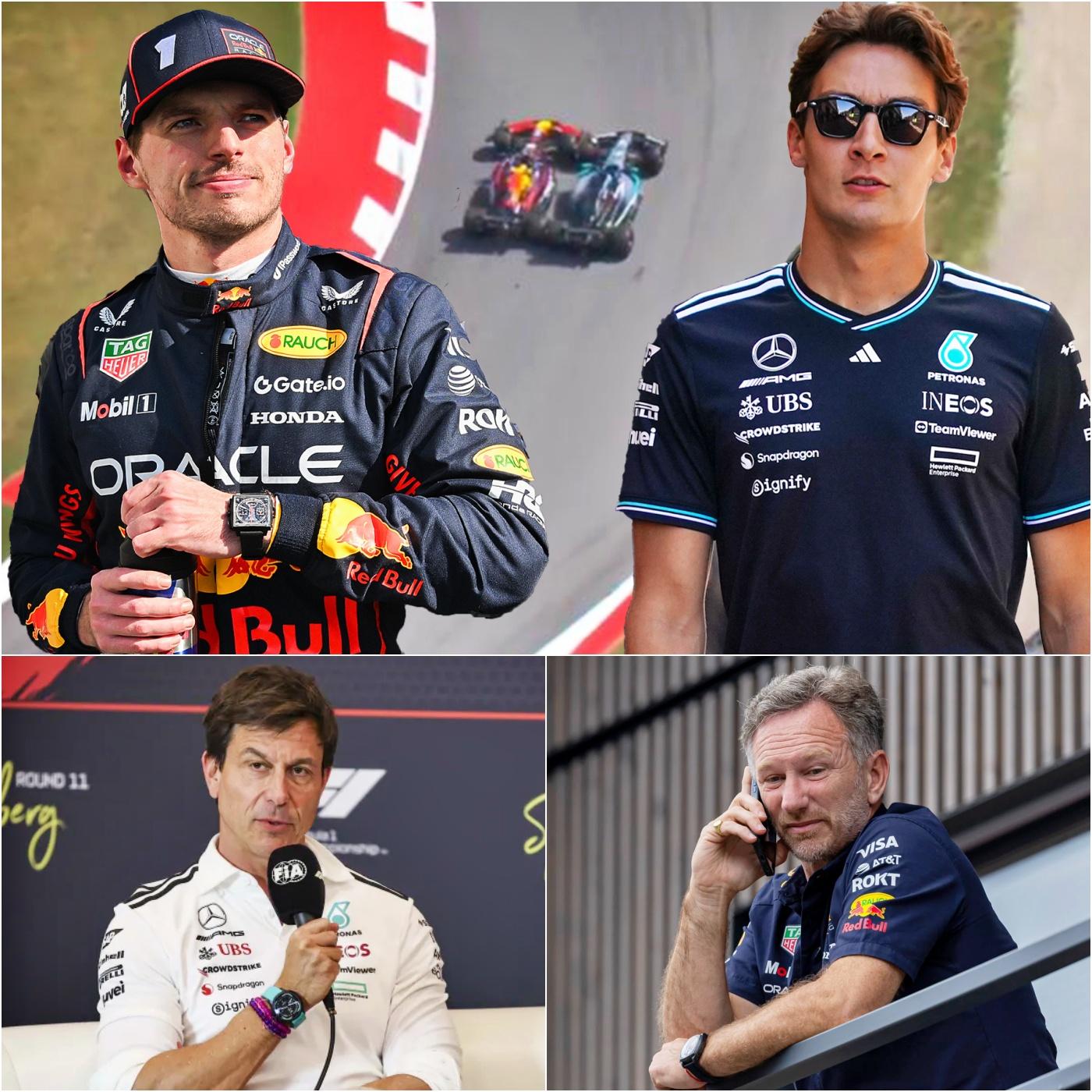
The scenario began to take shape after George Russell’s statements during the Austrian Grand Prix. The British driver, whose contract with Mercedes expires at the end of 2025, revealed that his team is in talks with Verstappen. The admission, made almost in a whisper at the Red Bull Ring, unleashed a storm of speculation. Mercedes boss Toto Wolff did not deny the rumours, but instead opted for a cryptic response, which further fueled the intrigue. The possibility that Verstappen, the absolute dominator of recent years, will change teams is a topic that leaves no one indifferent.
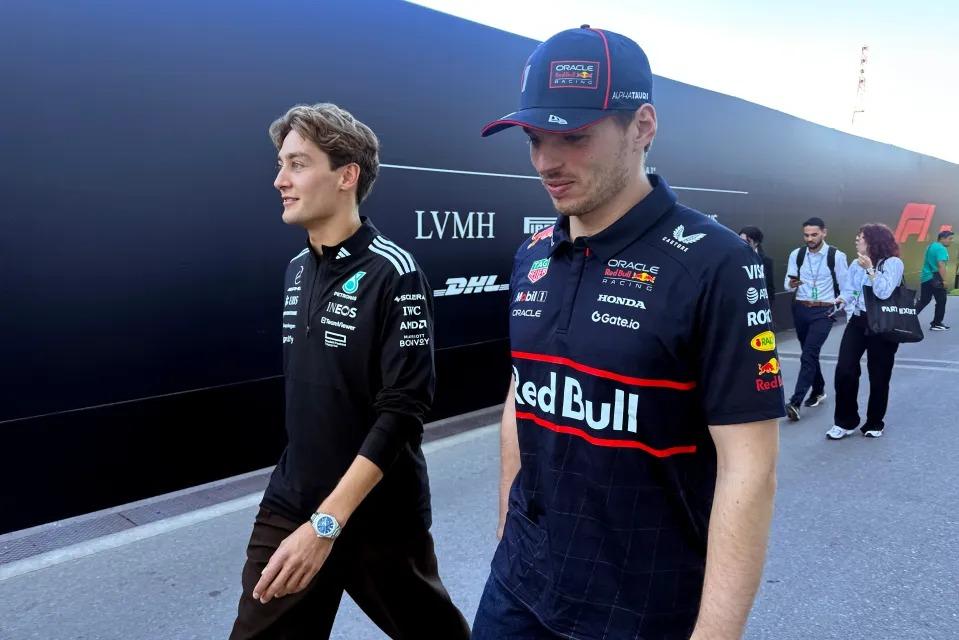
Verstappen, currently at the peak of his career, has won four consecutive championships with Red Bull and has become a mainstay of a team that has supported him since its inception. However, the Red Bull landscape is not as stable as it seems. The departure of key figures such as Adrian Newey, now at Aston Martin, and Jonathan Wheatley, who is leaving for Sauber, has raised doubts about the team’s competitiveness after 2026. Furthermore, rumours of power and reliability issues with the new engine that Red Bull will develop with Ford have strained the relationship between Verstappen and his team. His contract, although valid until 2028, contains a clause that allows him to leave if the team does not provide him with a competitive car, a detail that Mercedes seems to want to exploit.
George Russell has proven himself as an elite driver. His victory in Canada and consistent podium finishes in 2025 have established him as a valuable asset for Mercedes. However, Wolff’s preference for Verstappen seems clear. The German team, which dominated Formula 1 between 2014 and 2021, is determined to regain its place at the top, and a driver of Verstappen’s calibre could be key. The arrival of new regulations in 2026 that will transform the engines and cars positions Mercedes as a strong contender, particularly given its expertise in hybrid powertrains.
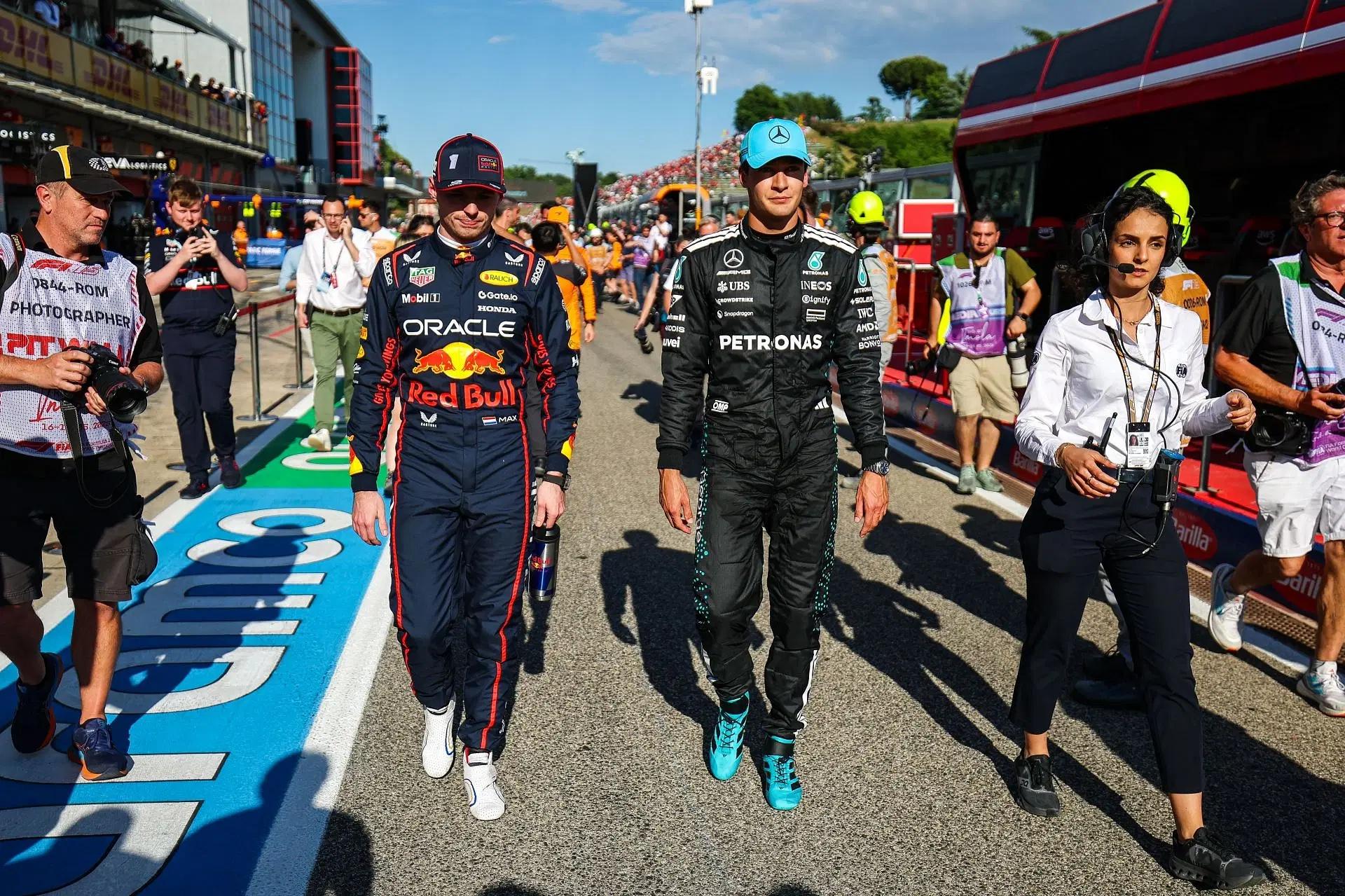
The drama is heightened by the personal dynamics between Verstappen and Russell. Both have experienced tense moments, including the crash at the Spanish Grand Prix, where Verstappen was given a penalty that brought him to the brink of a suspension. The Dutchman’s words after the incident, in which he said he had nothing to discuss with Russell, reflect a frosty relationship that could complicate their coexistence within the same team. However, Wolff, accustomed to intense rivalries such as those between Hamilton and Rosberg, seems confident enough to handle any conflict.
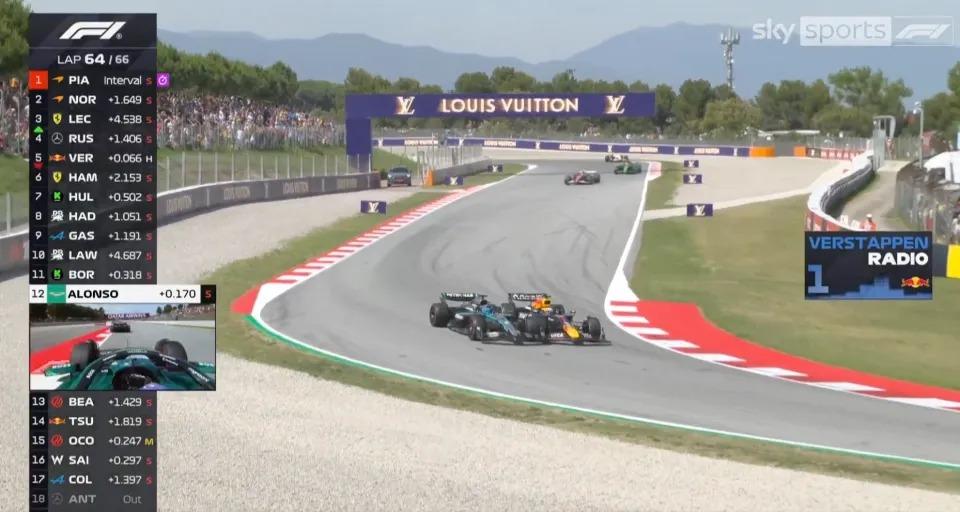
The driver market is in turmoil and this potential move has implications beyond Mercedes. If Verstappen leaves, Russell could find a new home at teams like Red Bull or Aston Martin, where he has already attracted interest. The uncertainty also affects Mercedes’ young talent Kimi Antonelli, whose spot seems secure, reinforcing the idea that Russell will be the one sacrificed in this strategic move.
Formula 1 thrives on moments like these, when a single rumour can change the course of a season. Verstappen’s potential arrival at Mercedes is no mere team change; it’s a seismic event that could reshape the grid and ignite the passion of fans. Meanwhile, the upcoming races at Silverstone, Spa and Hungary will be crucial, not just for the championship, but for the futures of two of the most talented drivers in the world. The question on everyone’s mind is: is this the start of a new golden era for Mercedes, or just a fleeting dream in the paddock?


